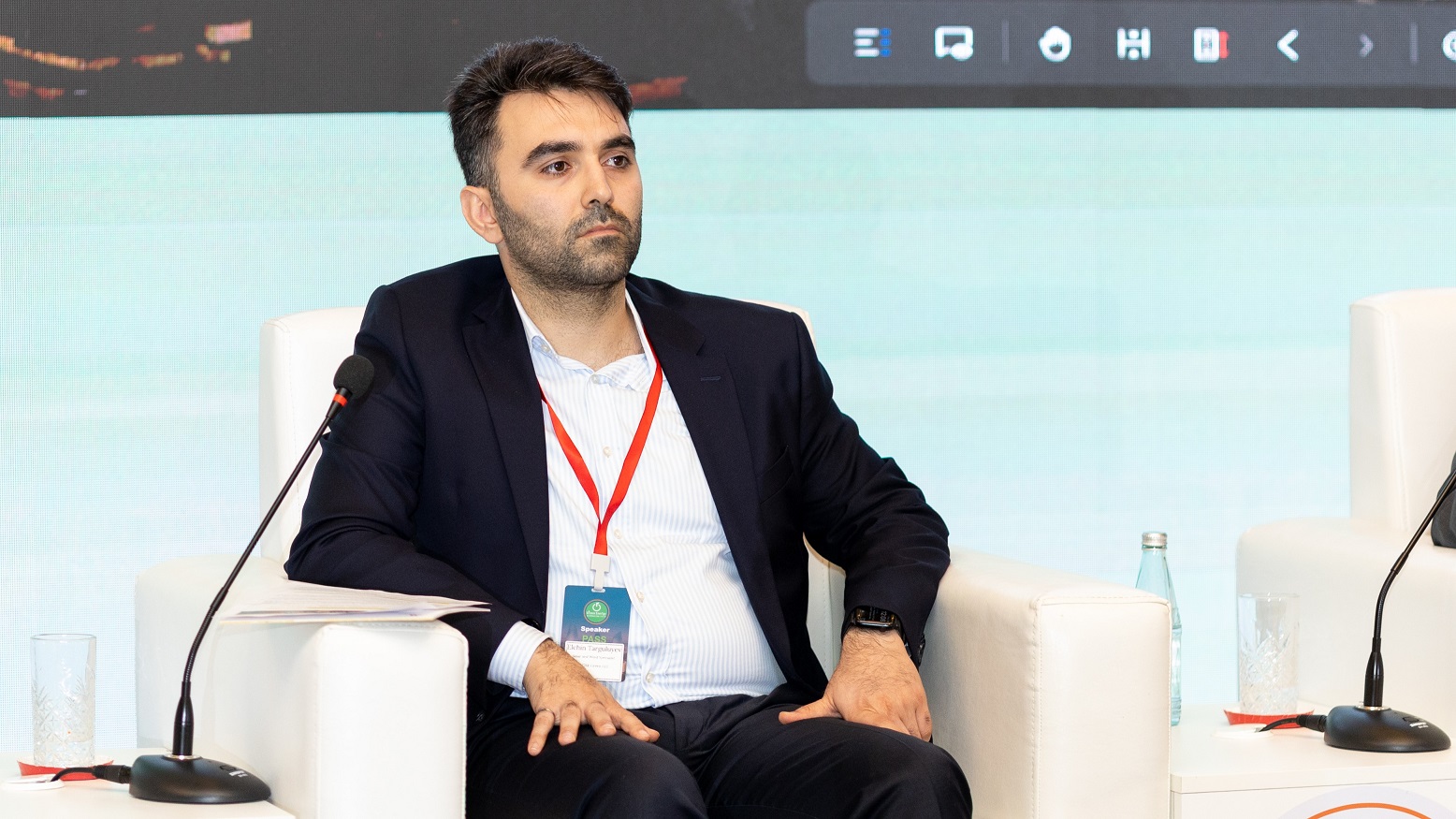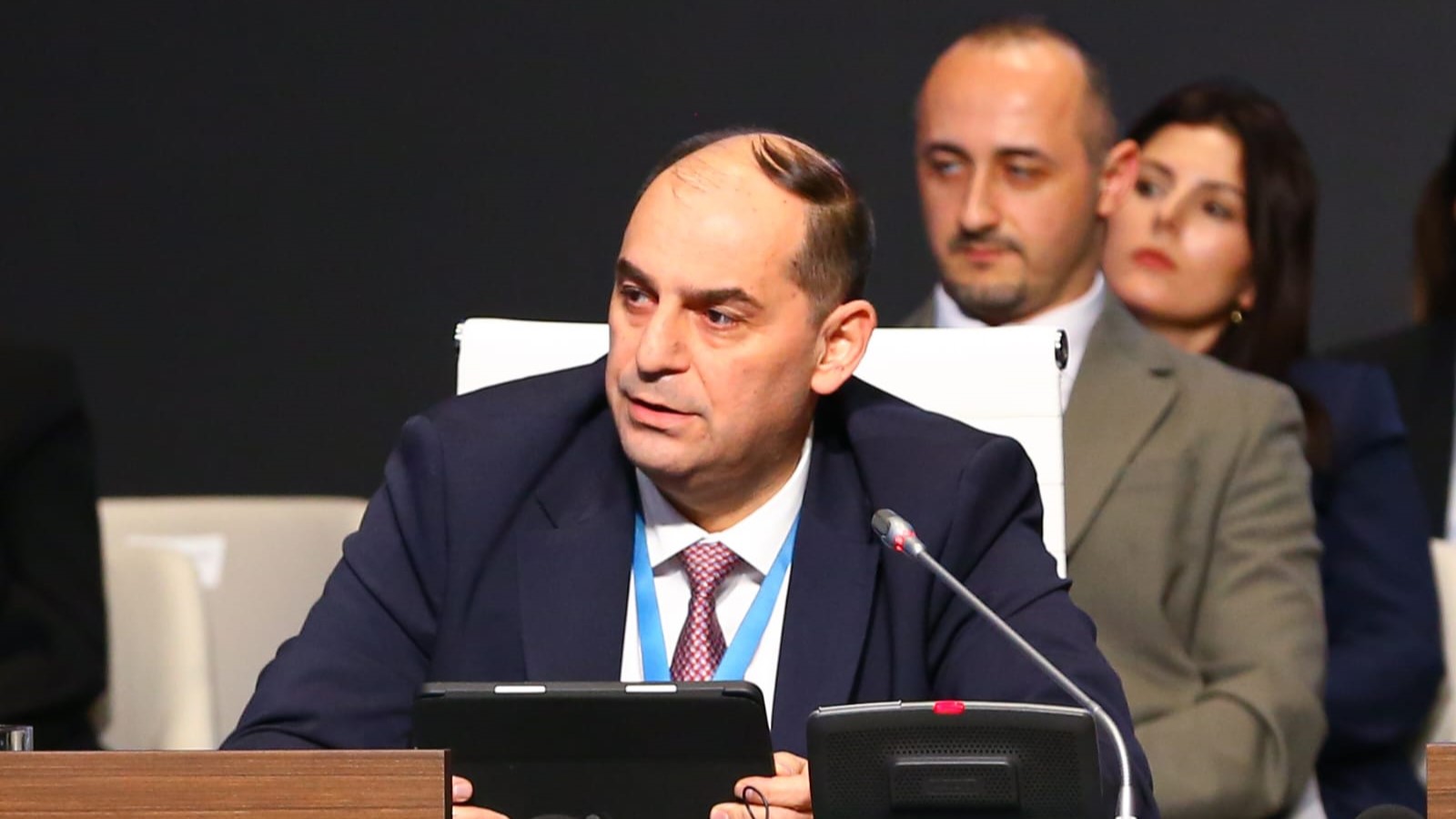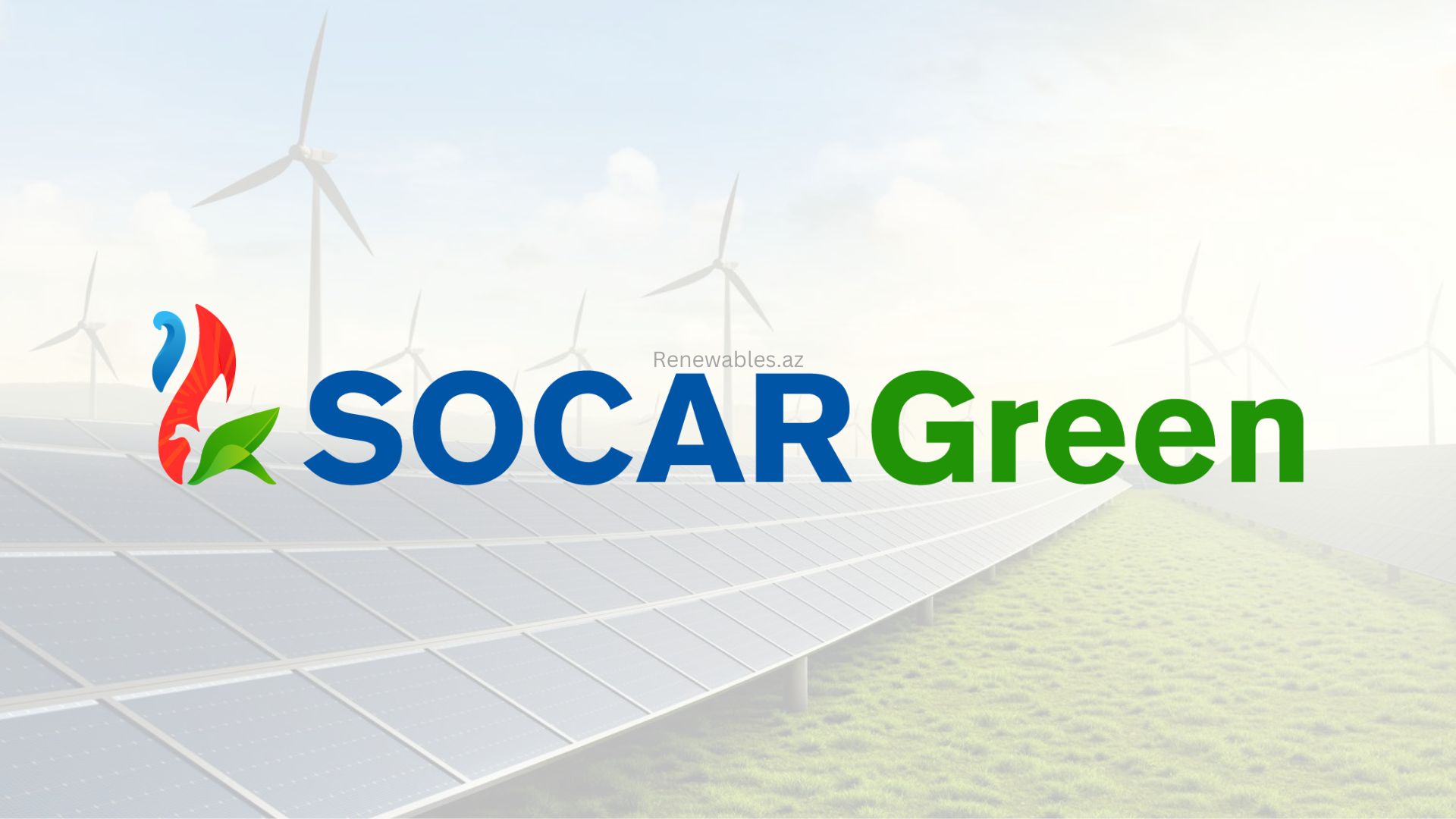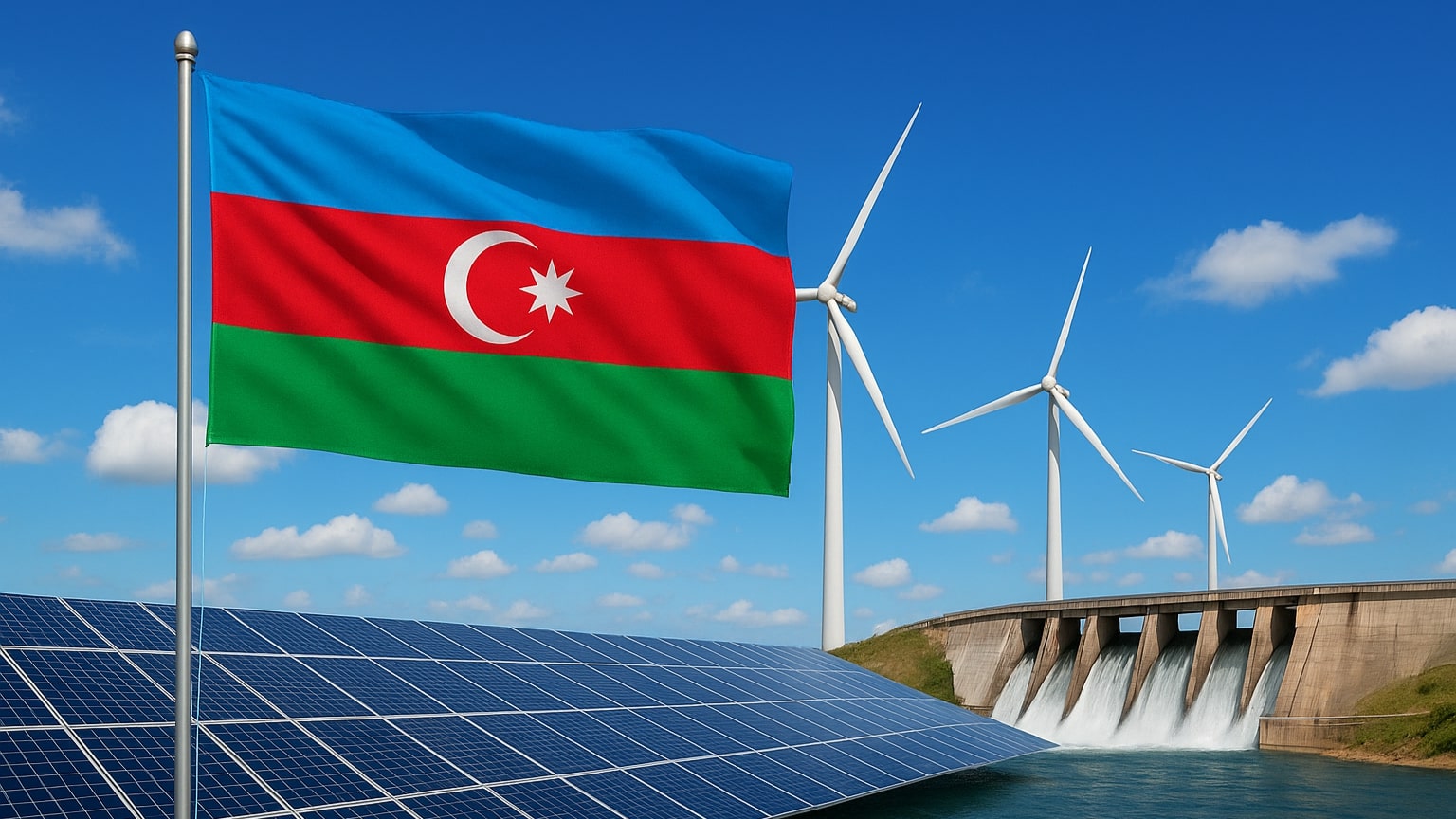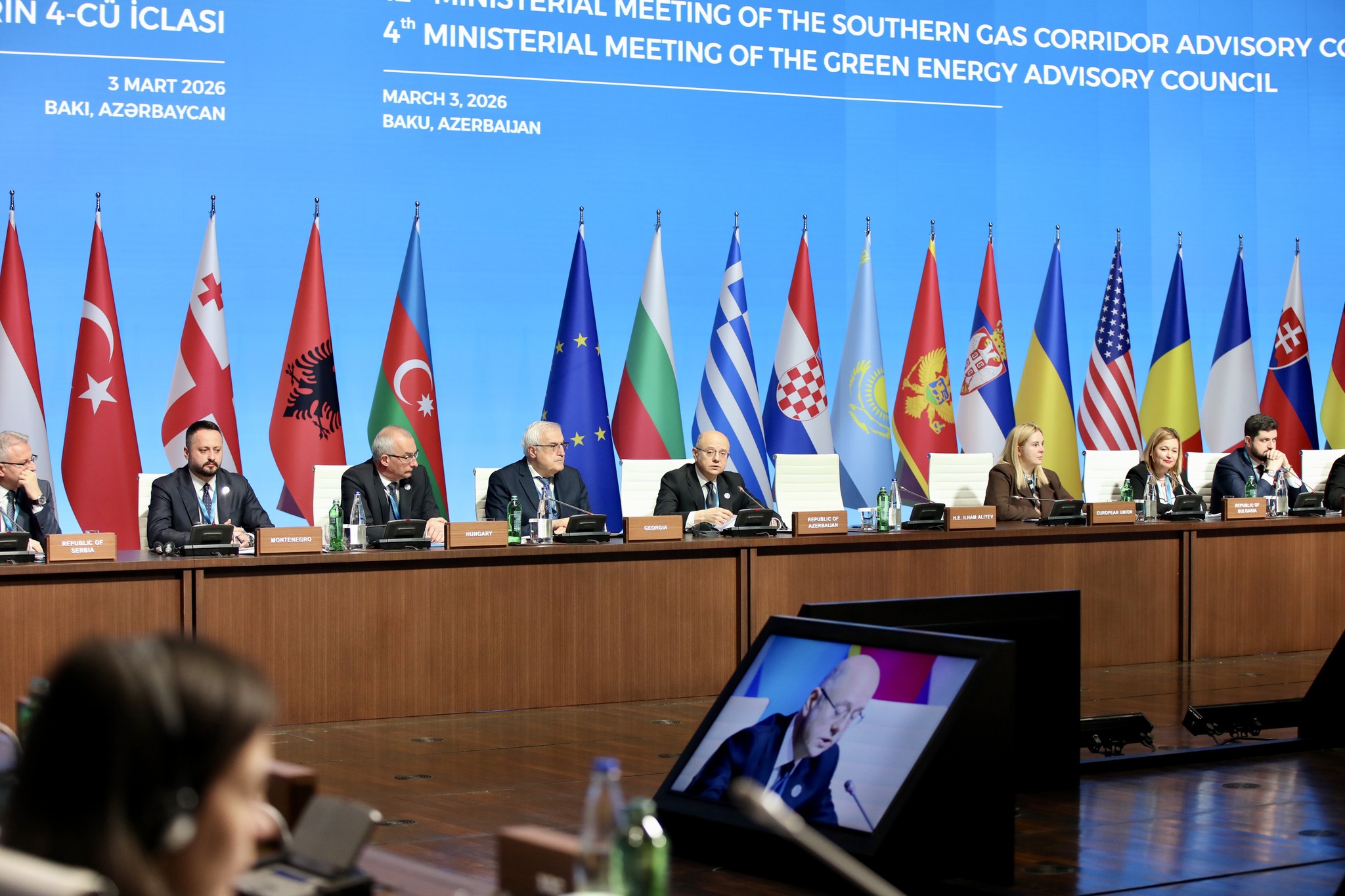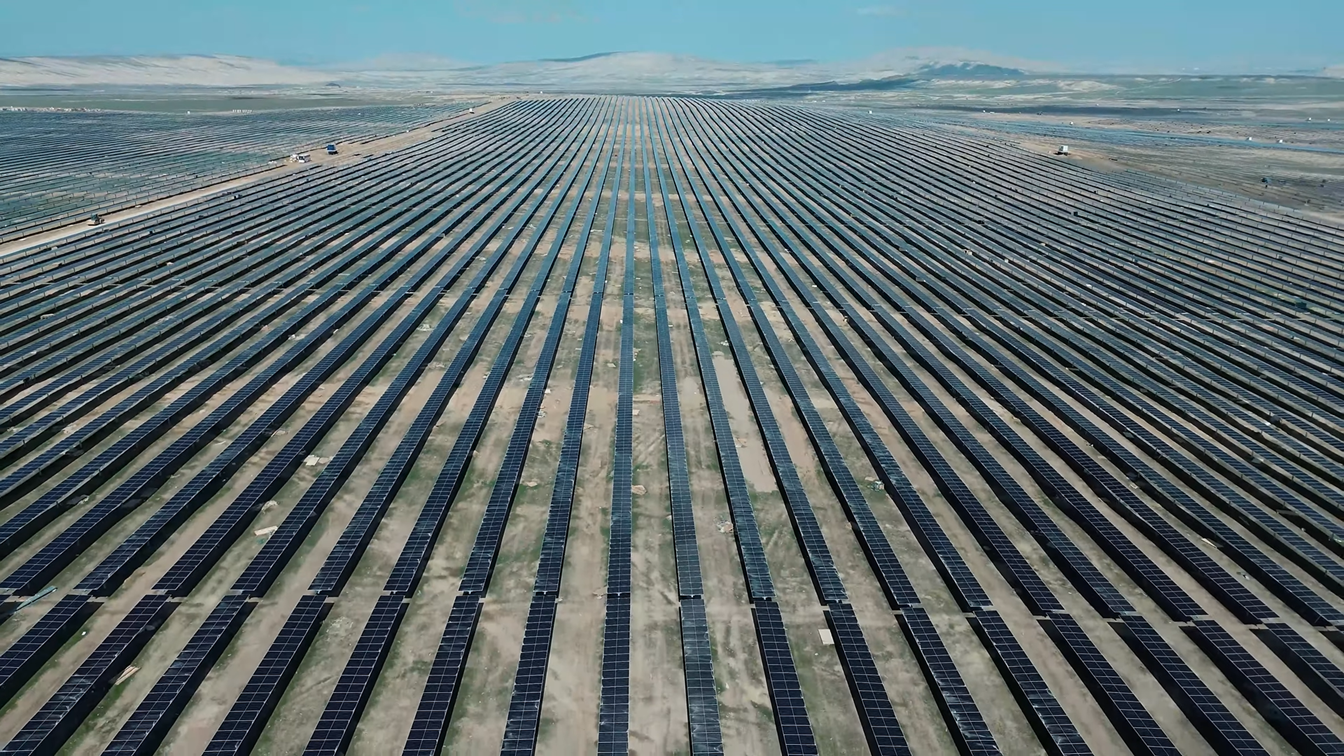SOCAR Green LLC, a subsidiary of the State Oil Company of Azerbaijan (SOCAR), intends to position Azerbaijan as the leading regional center for renewable energy expertise, Elchin Targuliyev, SOCAR Green's expert on solar and wind energy, stated at the event titled "Green Energy Week 2025: Azerbaijan and Central Asia," held in Baku.
He explained that SOCAR Green operates across three main areas: "First, the development and management of green and low-carbon projects, including renewable energy and biofuels. This also encompasses green hydrogen, geothermal energy, and carbon capture and storage. Second, we aim to support SOCAR's decarbonization targets by working with various SOCAR assets both domestically and potentially abroad. SOCAR has committed to reducing emission intensity by 30% and absolute emissions by 20% by 2035, with a goal of net-zero emissions by 2050. Our third focus is to gather and consolidate expertise."
Targuliyev noted that Azerbaijan faces a shortage of specialists in the renewable energy sector: "Renewable energy is a relatively new field for Azerbaijan, and we often encounter a lack of sufficient expertise. This means that for any project we plan to implement, we may need to import not only technology but also a significant number of experts. Our goal is to build local expertise and transform Azerbaijan into a regional center for renewable energy and green technologies."
Targuluyev recalled that Azerbaijan plans to commission up to two gigawatts of generating capacity by 2027, primarily in solar and wind energy.
"I would call the first stage of renewable energy development a pilot phase, as the technologies were new to Azerbaijan. We learned from our mistakes while implementing projects and laid the foundation for the regulatory framework. Azerbaijan is now moving to the second stage, a more mature stage, which implies increased oversight by renewable energy project developers. Battery-based energy storage systems will be one such solution," Targuluyev said.
He added that in the first phase, "the state has assumed responsibility for balancing all renewable energy projects, so Azerbaijan is building a 250 MW energy storage system, which will be integrated into the grid in 2027."
"Starting with the second phase, the implementation of energy storage systems is entrusted to investors, as variable sources-solar and wind-are unstable and affect grid stability. They require flexibility, but the grid itself has its limits. Therefore, batteries are needed to smooth out these fluctuations. The second phase (until 2030–2032) is primarily dedicated to technology maturity: integrating renewable energy sources with storage systems into the power grid and, in part, exporting electricity to neighboring countries. After 2032, we can talk about the long-term phase-the phase of becoming an energy exporter. This is Azerbaijan's ultimate goal: to become an exporter of green energy, just as it previously became an exporter of oil and gas," Targulayev added.
According to him, at this stage, projects will be implemented on a gigawatt scale, not a megawatt scale.
"As far as I know, the Ministry of Energy is already working with consultants to develop an implementation structure, source allocation, and a schedule for the phased export of up to 4 gigawatts of renewable energy by 2040. Such a quantity of green energy will require extremely careful planning, as renewable energy sources are unstable and require a well-thought-out implementation schedule to ensure smooth integration and project success," the specialist stated.


